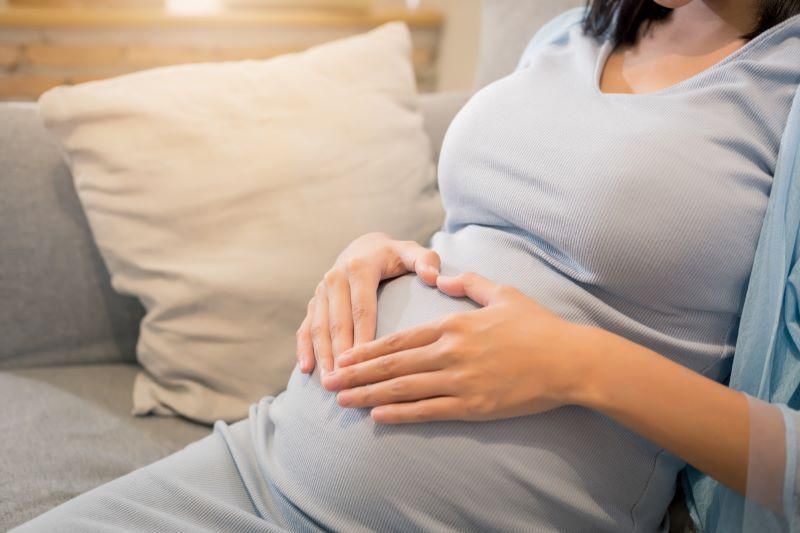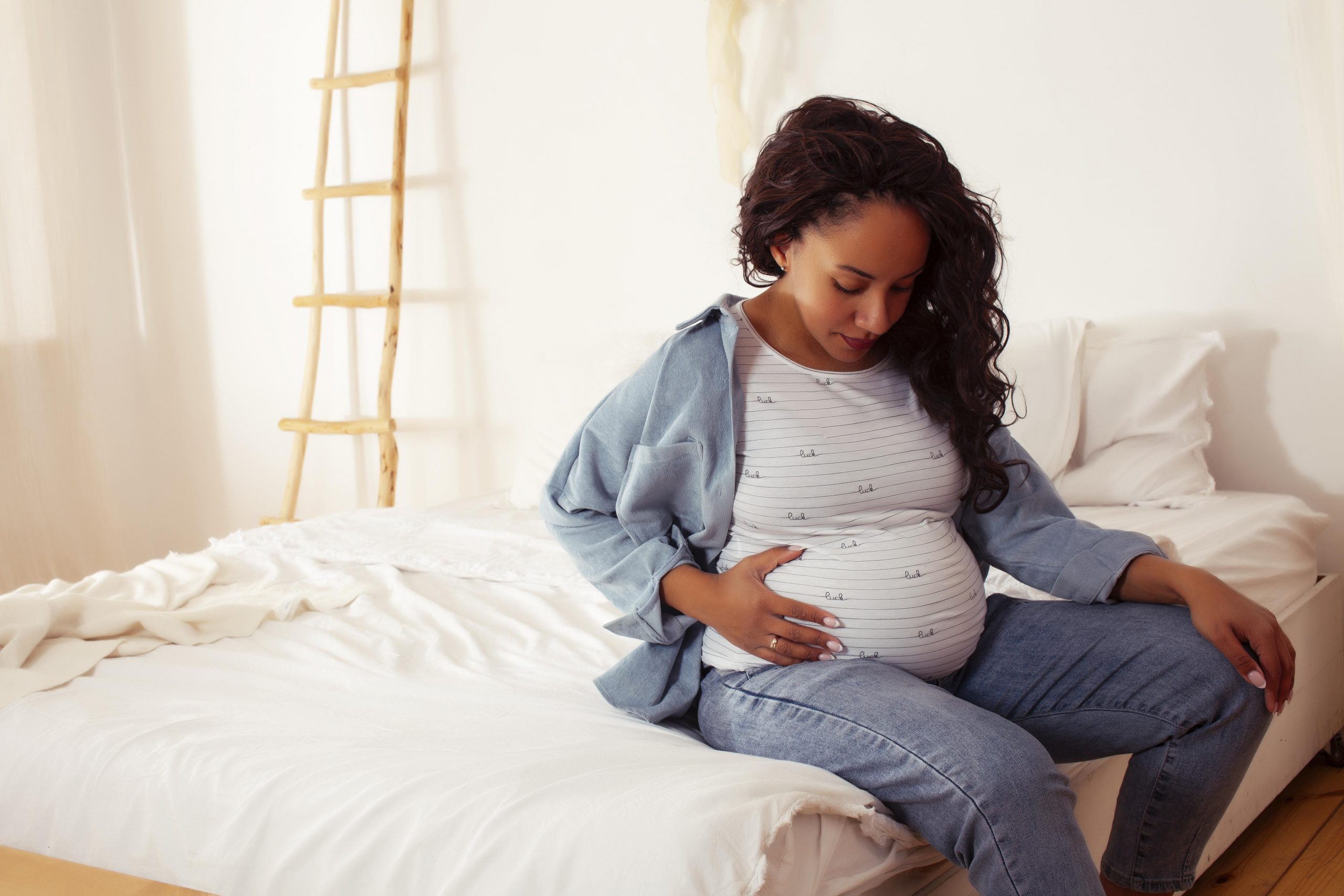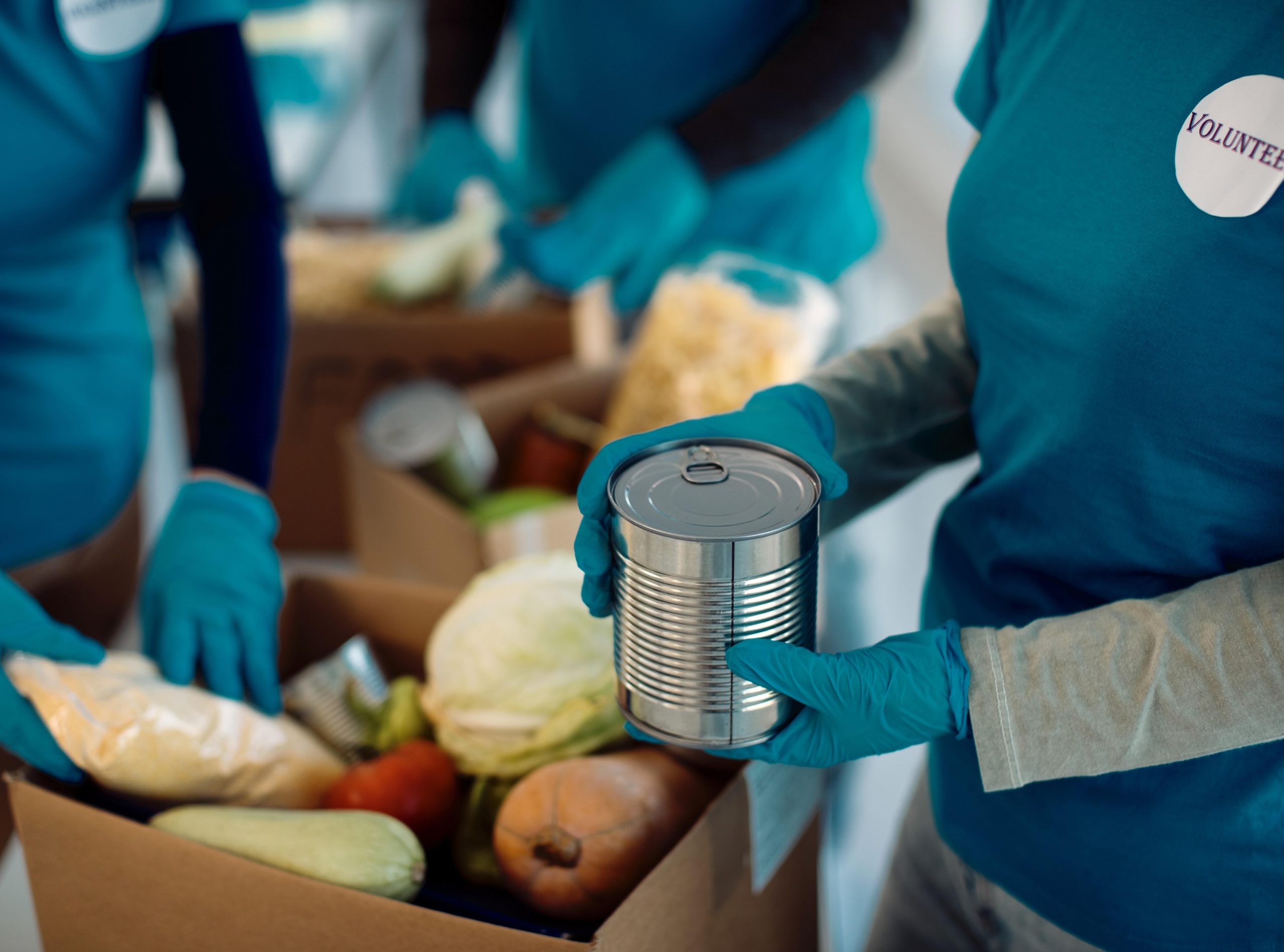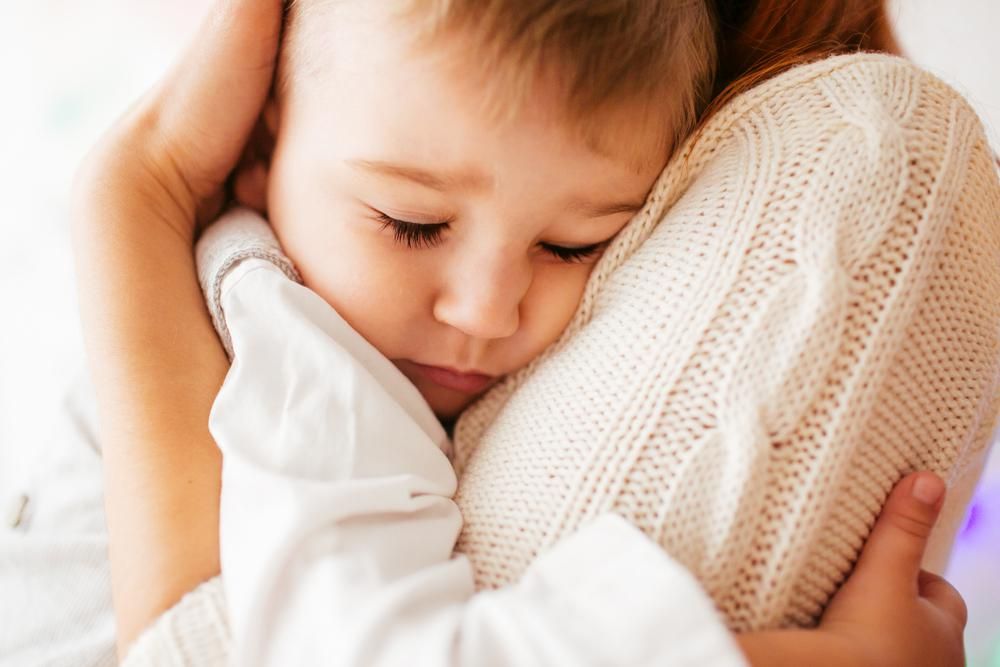
Steroid users, especially teen boys and young men, seem indifferent to the serious side effects and dependency associated with use of the drugs, a new study finds. “We’re seeing more young adults and adolescent boys engaging in risk behaviors, such as the use of steroids, to achieve what many see as the ideal male body,”… read on > read on >






























